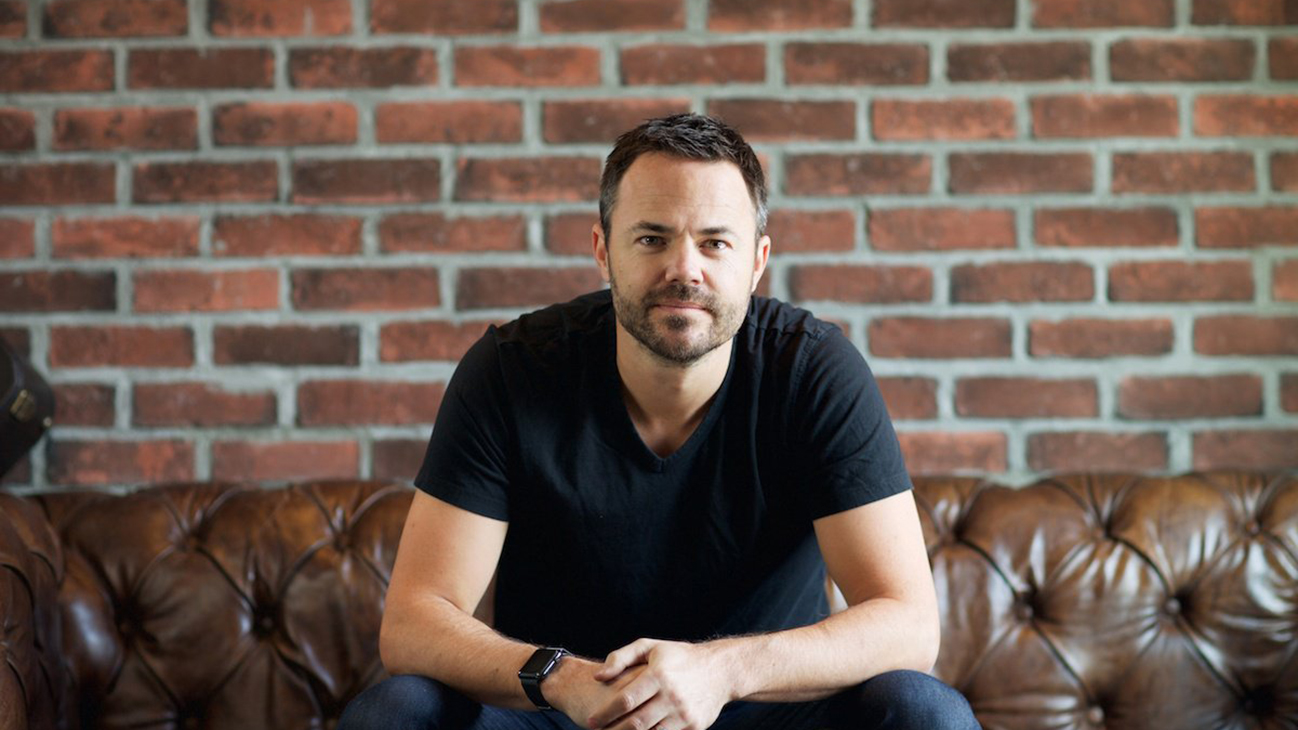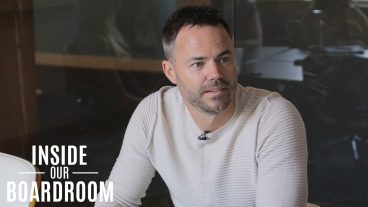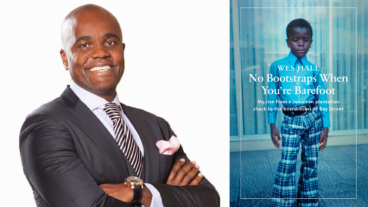As the founder of Club Penguin, the largest children’s online social network, Lane Merrifield was one of the first to successfully build and navigate a virtual world. Users were free to create characters, experiences, and connections in real time in a digital space. Now in the age of the metaverse, Lane is a man in demand.
Lane may be best known as a former judge on CBC’s Dragons’ Den. He joined the show in season 13 as one of Canada’s leading tech entrepreneurs, and spent three seasons sharing his passion for entrepreneurship as well as his expertise.
It was Lane’s success with Club Penguin that first caught the attention of CBC producers. Lane sold Club Penguin to Disney at just 28 years old for $350 million. As their youngest executive vice president, he helped turned it into a billion-dollar brand.
Club Penguin was one of the first subscription-based companies. It was an online world built for kids where users could create their own characters, interact and play games with other kids from around the world, and earn coins, while also being active participants in the ever-changing story of Club Penguin. In less than two years, Club Penguin reported revenues of $65 million and $35 million in profit coming from 700,000 subscribers and 12 million registered users.
In a recent article in the Vancouver Tech Journal, Club Penguin was likened to the “Apollo moon landing in the metaverse” as one of the first companies to truly excel in the virtual space and offer a monthly subscription at a time when it was still thought to be “radical”. From the article:
Users didn’t simply play a game; they helped create a world at a time when the cloud was still a cloud, when mobile was not yet mobile, and when software was built from scratch as opposed to using plug-in APIs and tech stacks.
Lane and his business partner, Lance Priebe, initially explored a subscription-based model because they didn’t want advertisements on their platform but also needed to make money. “We were openly mocked by reporters for offering a subscription service,” Lane said to Vancouver Tech Journal. “We were one of the first on the internet… Netflix was just shipping DVDs at the time.”
Lane credits Blockbuster for giving them the idea — if a parent was willing to pay five dollars to rent a video for just two hours of entertainment, he said, then the same logic would suggest they’d be willing to spend the same five dollars for hours of online play and entertainment. Through the monthly subscriptions, users were able to unlock more features and aspects of the game.
Walt Disney Company’s former head of communications, Zenia Mucha, and Lane’s former colleague who the New York Times called “the power behind the power” at Disney, told Lane that she tells everyone “Club Penguin was the first metaverse”.
As a visionary in this space, Lane is an in-demand advisor for both companies big and small looking to chart their own course through the metaverse. They look to Lane as someone who has boldly gone where they hope to go, and who has a well-earned reputation as a genuine, creative, and cooperative leader.
“To me, what a metaverse is… is a digital place or space that feels like a true place or space that has an inherent value in a non-linear narrative using non-linear methods,” Lane told Vancouver Tech Journal. “It’s an alternate universe that grows and ebbs and thrives and evolves based on the way its users want it to and influence it to.”
Lane is currently an advisor to a company called Dreamscape Learn, which looks to deliver immersive learning experiences through VR, and is also working with a prominent San Francisco-based company that can’t yet be named. Through this company, he’s going back to his Club Penguin roots and creating a virtual world that’s education-based and aimed at kids.
As a keynote speaker, Lane infuses his core passions of creativity and storytelling to share his extraordinary journey and innovative business strategies that have led him to become a metaverse trailblazer.
Read more about Lane’s entrepreneurial journey here and email us at [email protected] to learn how he can help your audience navigate this new digital frontier — the metaverse.




